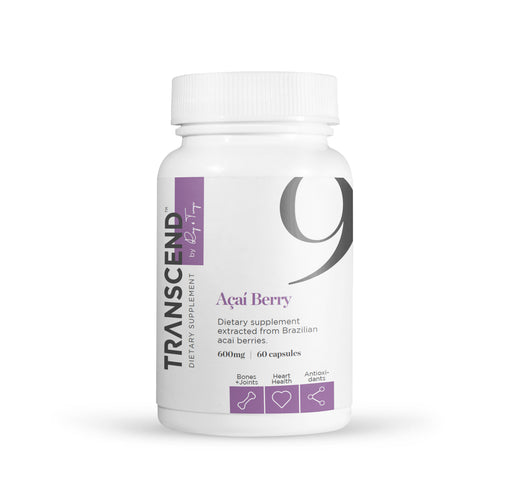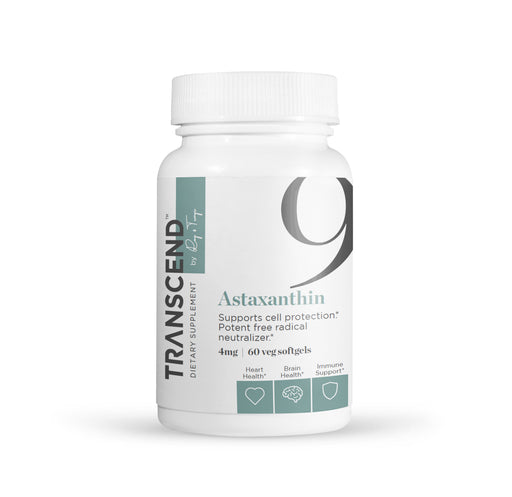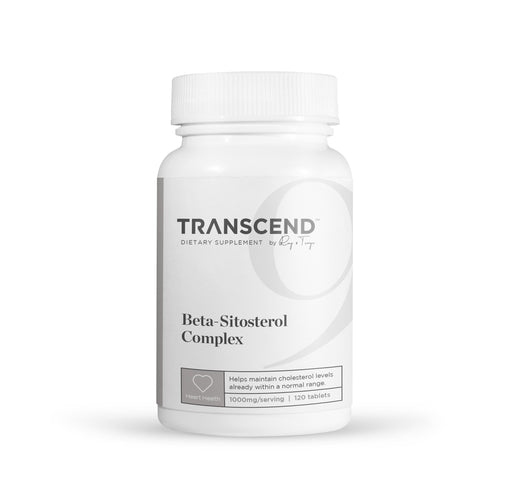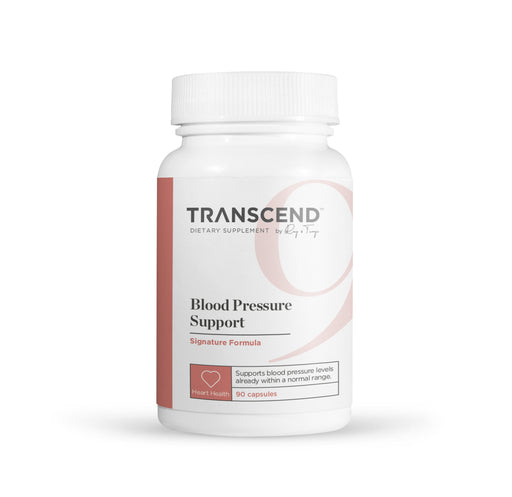
Acai Extract
Support with Increase blood antioxidant capacity Maintain proper cellular function Protect cardiovascular health The Acai Berry is a small deep ...
View full details
You've probably heard that drinking red wine is good for your health—but what makes it better than, say, a pint of beer or a pre-dinner cocktail? As it turns out, it's not the alcohol in the wine that's beneficial: it's the resveratrol.
Resveratrol, a plant compound found naturally in grapes, wine, and cocoa, among other foods, is a polyphenolic compound that's shown a variety of promising results in clinical trials. Resveratrol occurs in its highest concentrations in the skins and seeds of grapes and berries, which is why it comes up when red wine does.
What can resveratrol do for you, and hey, do you even need to supplement it if you can drink a few glasses of wine every night instead? Unfortunately (or fortunately), most research focusing on the health benefits of resveratrol has been conducted using high-concentration supplements. If you're hoping to take advantage of the following, supplementation is your best bet.
There are two different kinds of cholesterol: low-density lipoprotein (LDL) cholesterol, which is known as "bad" cholesterol, and high-density lipoprotein (HDL) cholesterol, or "good" cholesterol. HDL cholesterol absorbs cholesterol and brings it to the liver, which then flushes it from the body.
A 2016 study found that resveratrol supplementation improved levels of HDL cholesterol while decreasing body weight.
Because resveratrol has antioxidant properties, it may help lower blood pressure. In fact, a 2015 study showed that high doses of resveratrol may reduce systolic blood pressure, which typically increases with age. The higher your systolic blood pressure, the higher your risk of heart disease. Resveratrol helps your body produce more nitric oxide, which allows your blood vessels to relax and lowers your blood pressure.
Along with fellow plant-based compound curcumin, resveratrol has been studied for its potential ability to improve joint health. One of the top symptoms of arthritis is joint pain caused by deteriorating cartilage. Studies have shown that resveratrol supplementation may reduce harmful inflammation and prevent joint damage by inhibiting cartilage breakdown.
In studies, resveratrol has been shown to fight several types of cancer cells, including colon, skin, and prostate. In these studies, resveratrol has demonstrated the potential to inhibit cell growth, keeping cancers from spreading. It's too soon to celebrate, though: these studies have been successful in test tubes, but their results haven't yet been translated to human treatment.
One of resveratrol's most-touted benefits is its effect on longevity. In TRANSCEND, Ray Kurzweil and Dr. Terry Grossman note that "resveratrol appears to mimic some of the effects of caloric restriction, the only proven method for life extension in animal experiments." While conclusive evidence does not yet show if resveratrol supplementation translates to significant life extension for humans, both Ray and Terry include it in their daily supplement regimes.
Resveratrol is more than just a hot topic in anti-aging circles: it's a powerful supplement with the potential to treat many health conditions. Of course, before adding any new supplements to your regime, talk to your doctor first!

Support with Increase blood antioxidant capacity Maintain proper cellular function Protect cardiovascular health The Acai Berry is a small deep ...
View full details
Healthy Eyes, Brain and Nervous System Potent carotenoid antioxidant Promotes healthy anti-inflammatory response Formulated with Zanthin® for eye...
View full details
Beta-Sitosterol Complex 1000 mg * (Plant phytosterols, including beta-sitosterol, campesterol, stigmasterol, brassicasterol, and sitostanol.) Main...
View full details
A Kurzweil + Grossman Formula Heart Health Maintain normal blood pressure Protect organ health Natural ingredients Blood pressure is composed of...
View full details
Leave a comment